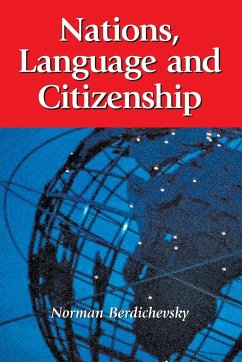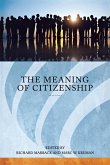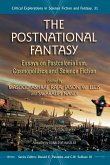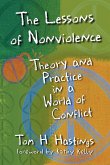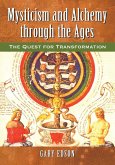This study evaluates the importance of language in achieving a sense of national solidarity, considering factors such as territory, religion, race, historical continuity, and memory. It investigates the historical experiences of countries and ethnic or regional minorities according to how their political leadership, intellectual elite, or independence movements answered the question, "Who are we?" The Americans, British, and Australians all speak English, just as the French, Haitians, and French-Canadians all speak French, sharing common historical origin, vocabulary and usage--but each nationality's use of its language differs. So does language transform a citizenry into a community / or is a "national language" the product of idealogy? This work presents 26 case studies and raises three questions: whether the people of independent countries consider language the most important factor in creating their sense of nationality; whether the people living in multi-ethnic states or as regional minorities are most loyal to the community with which they share a language or the community with which they share citizenship; and whether people in countries with civil strife find a common language enough to create a sense of political solidarity. The study also covers hybrid languages, language revivals, the difference between dialects and languages, government efforts to promote or avoid bilingualism, the manipulation of spelling and alphabet reform. Illustrations include postage stamps, banknotes, flags, and posters illustrating language controversies. Instructors considering this book for use in a course may request an examination copy here.
Hinweis: Dieser Artikel kann nur an eine deutsche Lieferadresse ausgeliefert werden.
Hinweis: Dieser Artikel kann nur an eine deutsche Lieferadresse ausgeliefert werden.

